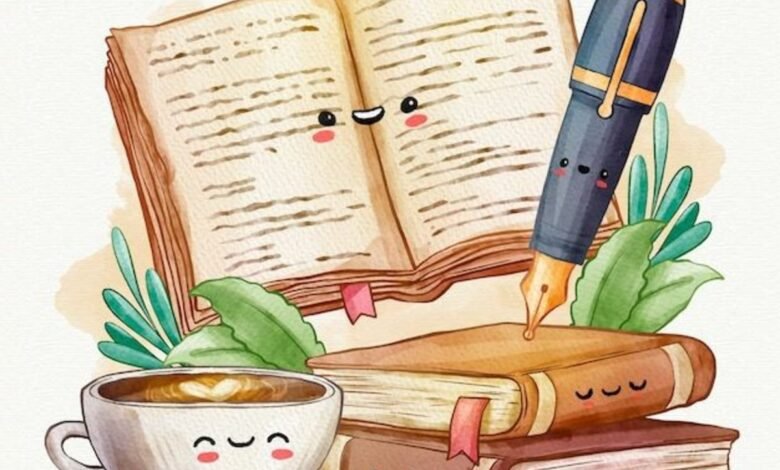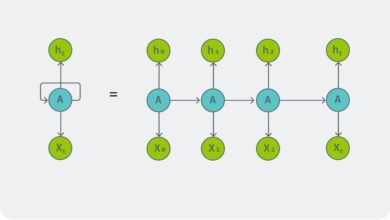Exploring the World of Literature: A Journey Through Words

Introducation
Literature is much more than just books. It is the art of written expression that captures human experiences, emotions, and ideas. From ancient poems to modern novels, literature reflects the thoughts, culture, and history of societies. It allows readers to explore new worlds, understand different perspectives, and connect with emotions they might not experience in everyday life.
The word literature comes from the Latin word “litteratura”, meaning “writing formed with letters.” Literature can be divided into several forms, including poetry, prose, drama, and essays. Each form has its own style and purpose. Poetry, for example, often uses rhythm and imagery to evoke emotions. Prose, like novels and short stories, tells detailed narratives that explore characters and events. Drama is written to be performed on stage, while essays express ideas, arguments, or reflections.
One of the most important functions of literature is its ability to preserve culture and history. Classic works, such as The Iliad or Shakespeare’s plays, provide insight into the beliefs and values of their times. Literature also encourages critical thinking. When readers analyze themes, characters, and symbols, they learn to interpret meaning beyond the surface. This skill is valuable in both education and everyday life.
Modern literature continues to evolve with society. Contemporary authors explore diverse themes like identity, social justice, and technology. Digital literature, including e-books and online storytelling, has made literature more accessible than ever. Despite changes in format, the essence of literature remains the same: to tell stories, share knowledge, and inspire imagination.
Reading literature offers many benefits. It improves vocabulary, enhances empathy, and stimulates creativity. For students, it strengthens comprehension and analytical skills. For adults, literature provides relaxation, entertainment, and intellectual growth. By engaging with literature, people can experience lives and emotions far beyond their own.
In conclusion, literature is a timeless and powerful tool for communication, learning, and reflection. It connects generations, preserves human thought, and opens doors to imagination. Whether through poetry, novels, or essays, literature enriches lives and helps us understand the world in deeper ways. Exploring literature is not just reading words on a page it is embracing the endless possibilities of human expression.



